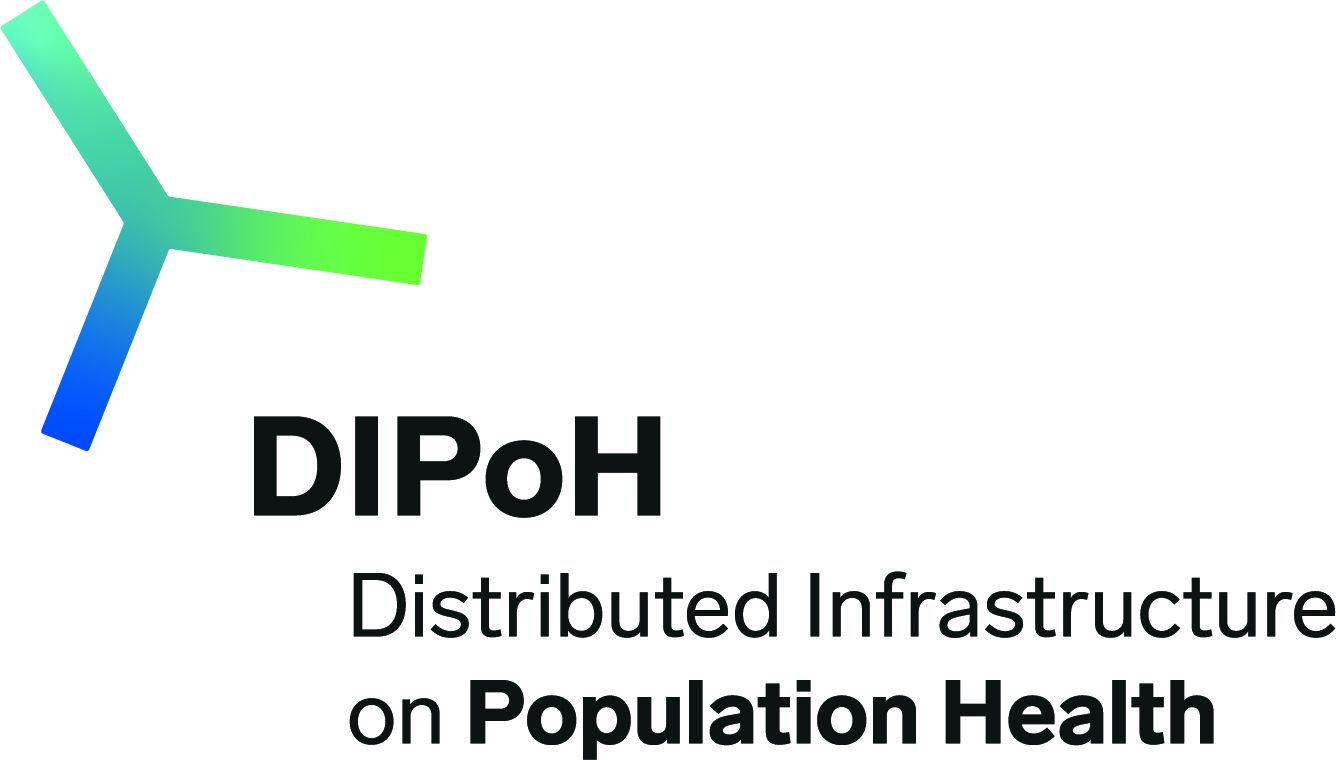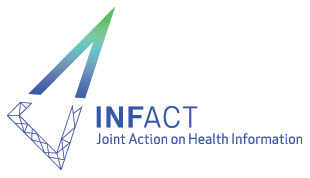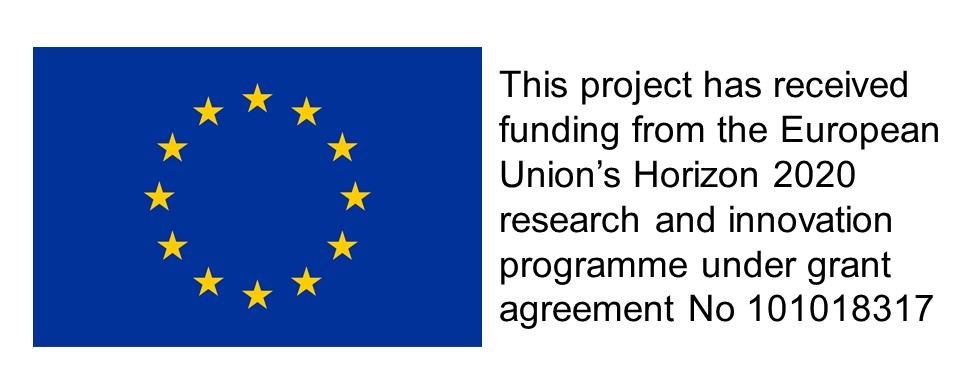Health information systems (HIS) are infrastructures that involve the resources, stakeholders, activities and outputs that allow for evidence-based health policy making and population health monitoring. Assessments of HIS are important tools in promoting health equity, setting priorities for capacity building, improving elements of a national HIS and promoting cross-country exchange on what makes up a functional HIS.
The assessments are expected to:
-
Provide opportunities for other countries to learn from the experiences that will be gained during the assessments, and build on these when assessing their own HIS/ HI data flows.
-
Create opportunities for engagement and knowledge exchange with national stakeholders and authorities.
-
Identify key recommendations for resilient HIS, and contribute to capacity building across Europe, reducing HI inequalities within and between countries
How are these assessments organised?
Different projects have analyzed HIS through country visits, where a Health Information Assessment Tool developed by the WHO Regional Office for Europe was adapted to the specific circumstances of the evaluation. The purpose of the WHO HIS tool is to allow for rapid and comprehensive mapping of the main elements of the HIS, and provide an analysis that national actors can use to improve their system, and other countries can learn from to inform best practices. Each assessment included a preparatory desk report, interviews with national (and regional) stakeholders, a final report including a one-pager describing the relevant aspects of a country's HIS, a SWOT analysis and SMART recommendations, and a follow-up stakeholder meeting.
What projects conducted HIS assessments?
Information for Action (2018 - 2021): InfAct was the EU Joint Action on Health Information project funded by the European Commission. The mission of the project was to build a strong EU health information system, and address health information inequalities between countries through HIS assessments. Within InFact, Work Package 5 focused on HIS assessment. Learn more here.
Population Health Information Research Infrastructure (2020 - 2023): PHIRI supports research across Europe through the identification, access, assessment and reuse of population health and non-health data to underpin public health policy decisions on COVID-19 and future health crises. Work Package 3.1 of PHIRI aims to map the HIS that monitor the effects of COVID-19 on population health, and assess the COVID-19 health information flows in countries through virtual country visits. Virtual country visits were carried out in selected European countries that are part of the PHIRI consortium. Download the one-pager on the COVID-19 Health Information System Assessments here.
Towards European Health Data Space (2021 - 2022): TEHDAS is a joint action project that helps EU member states and the European Commission develop and promote concepts for the secondary use of health data to benefit public health, research and innovation in Europe. Work Package 4 of TEHDAS conducted 12 country visits to engage with national stakeholders and map countries’ readiness to join the European Health Data Space (EHDS). See results of the country visits here.
EU Interoperability with HERA’s IT Platform Project (2023): This project supports participating countries to enhance and improve national IT systems in an efficient and coordinated manner, with the objective to obtain the needed interoperability with HERA’s IT platform. In country visits, the national landscape maturity towards supporting the EU interoperability with HERA's IT platform will be mapped.
Outputs of the assessments
| InFact |
|
| PHIRI |
|
| TEHDAS |
|
| EU HIP |
|
Which countries are part of this exercise?
The InfAct assessments took place in 2019 and were performed in Norway, Serbia, Austria, Romania, Moldova, Latvia, Estonia, Lithuania and Belgium.
The PHIRI assessments were performed in Austria, Belgium, Italy, Greece, Hungary, Ireland, Malta, the Netherlands, Norway and Portugal by the end of the project (November 2023).
The TEHDAS assessments were performed between December 2021 and December 2022 in Belgium, Czech Republic, Denmark, Estonia, Finland, Germany, Hungary, Ireland, the Netherlands, Portugal, Slovenia and Sweden.

Organised events on the assessments
- Online training for assessors and assessed countries
- European Public Health Week May 20 2022 (in collaboration with the TEHDAS Joint Action)
- Midterm project multistakeholder meeting June 23 2022 (in collaboration with the TEHDAS Joint Action)
- Workshop at European Public Health Conference 2022: abstract and slides
- Pitch at the Rapid Exchange Forum Special Edition February 27 2023
- Workshop at the World Congress on Public Health 2023
Would you like to have an assessment performed in your country? Contact us! |





